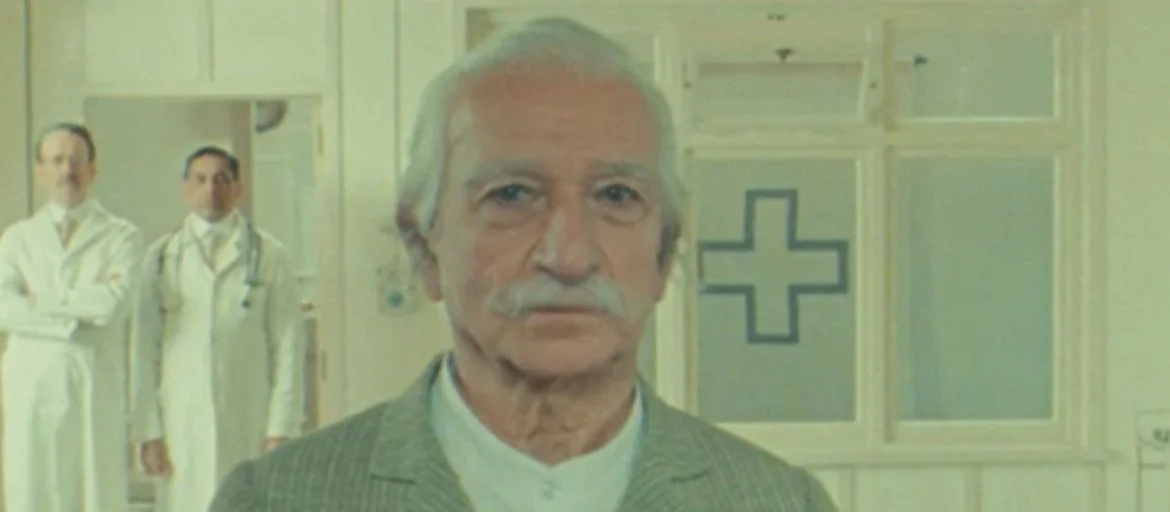Who here binge-watched Wes Anderson’s latest cinematic jewel-box?
Anderson’s four short films, all based on Roald Dahl stories, are now available to stream on Netflix. They star six actors, all in multiple roles — Ralph Fiennes, Benedict Cumberbatch, Ben Kingsley, Dev Patel, Rupert Friend and Richard Ayoade.
I wish I could have seen them on the big screen. They’re all wonderful, but I’d say prioritize “Henry Sugar” and “Poison,” with “Ratcatcher” and “The Swan” to follow afterwards. It’s a nice little foray into uncharted territories for Anderson.
Three of these films were shot on a stage and each one ends up having a very distinct look. DP Robert Yeoman and Anderson’s decision to shoot on 16mm gives the stories an uber retro look, as if they were made at the exact time Dahl wrote the tales.
There’s a stagey look to them, but that seems to precisely be the point — they’re unlike anything Anderson has done before. Characters narrate directly to the camera, never sacrificing any of Dahl’s words and the performances are all stellar. Anderson seems to have grown spiritually as an artist these last few years and it shows in these films. The theme of death, much like in “Asteroid City,” ruminates throughout these tales.
I’d go as far as to call ‘Henry Sugar’ a mini-masterwork. Does it count as a movie? You bet. It’s very cinematic, fourth-wall shattering, with the usual wonderfully meticulous art direction that comes with every Anderson.
This is a literal adaptation of Dahl, using every word the late author penned down, and is choreographed, quite effortlessly, like poetic ballet. Anderson uses plenty of long takes to have his characters dance in and out of the frames. The experimentation is high here, and maybe couldn’t have been pulled off as a feature length film.
The 37 minute runtime in ‘Henry Sugar’ is perfect, the other three shorts are 17 minutes each. I would go as far as to say that they might even cast a spell on skeptics of Anderson’s style as these films never overstay their welcome, and they’re the perfect avenue for his kind of obsessively detailed storytelling.






